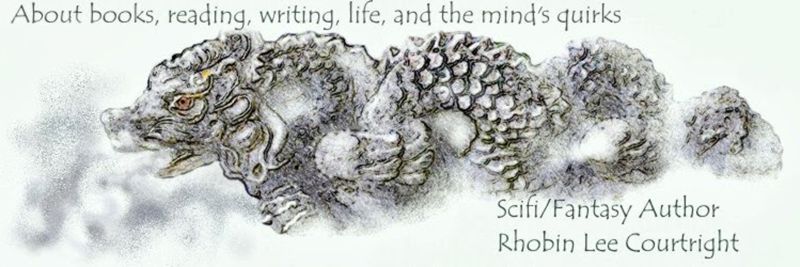Well, by the end of April the rowing machine was worn out and unfixable except at a cost more than what it originally cost. I was very distraught. What about my exercise schedule? I've worked hard to gain some muscle, was I doomed to lose it?
Luckily, even with the rain and cold lasting much longer than usual here in Michigan, the road was clear so I began walking again. Now I've walked this road many, many times but not on a regular schedule, so I began again. Being a little obsessive-compulsive I've timed my walks and distance. I know where the 5-minute, the 10, 15, and 20-minute walk markers are. I travel one mile per twenty minutes (sometimes less by a minute or two), and I have been doing 2 miles a day, and hope to continue doing it six days a week or ten miles per week. It takes 38 to 40 minutes.
Yet, my arms are not working as vigorously as my legs as they did while rowing, so I'm doing 4 to 5-minute exercises with five-pound weights every other day.
Hopefully, all of this will help improve my overall health and condition. I can probably walk through October, but which time I hope to have a new rowing machine to continue working throughout the winter.
Luckily, even with the rain and cold lasting much longer than usual here in Michigan, the road was clear so I began walking again. Now I've walked this road many, many times but not on a regular schedule, so I began again. Being a little obsessive-compulsive I've timed my walks and distance. I know where the 5-minute, the 10, 15, and 20-minute walk markers are. I travel one mile per twenty minutes (sometimes less by a minute or two), and I have been doing 2 miles a day, and hope to continue doing it six days a week or ten miles per week. It takes 38 to 40 minutes.
Yet, my arms are not working as vigorously as my legs as they did while rowing, so I'm doing 4 to 5-minute exercises with five-pound weights every other day.
Hopefully, all of this will help improve my overall health and condition. I can probably walk through October, but which time I hope to have a new rowing machine to continue working throughout the winter.


